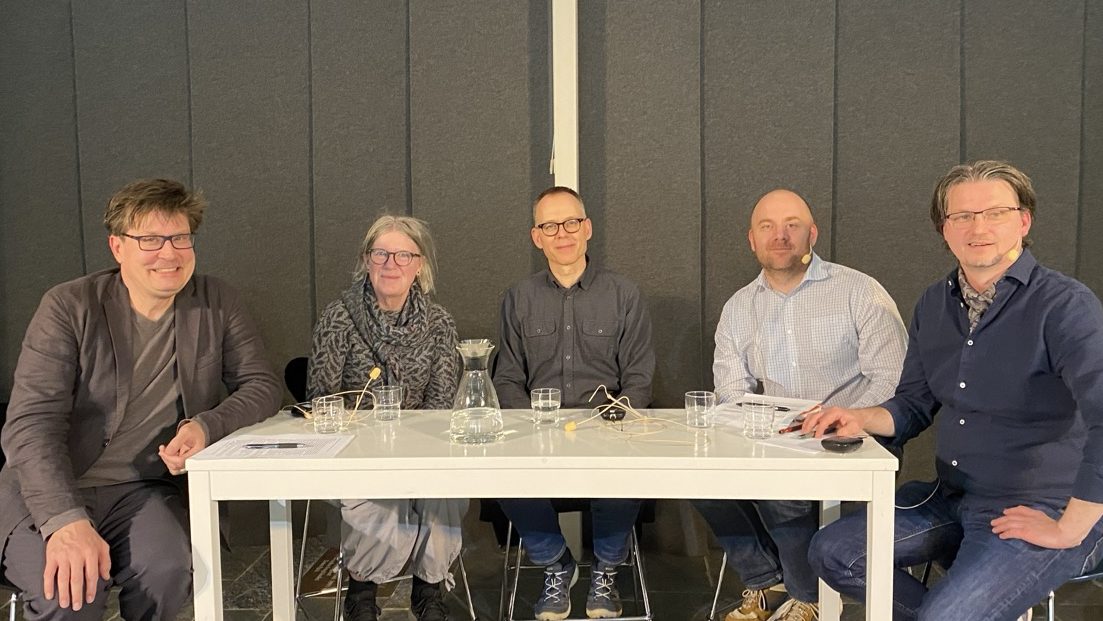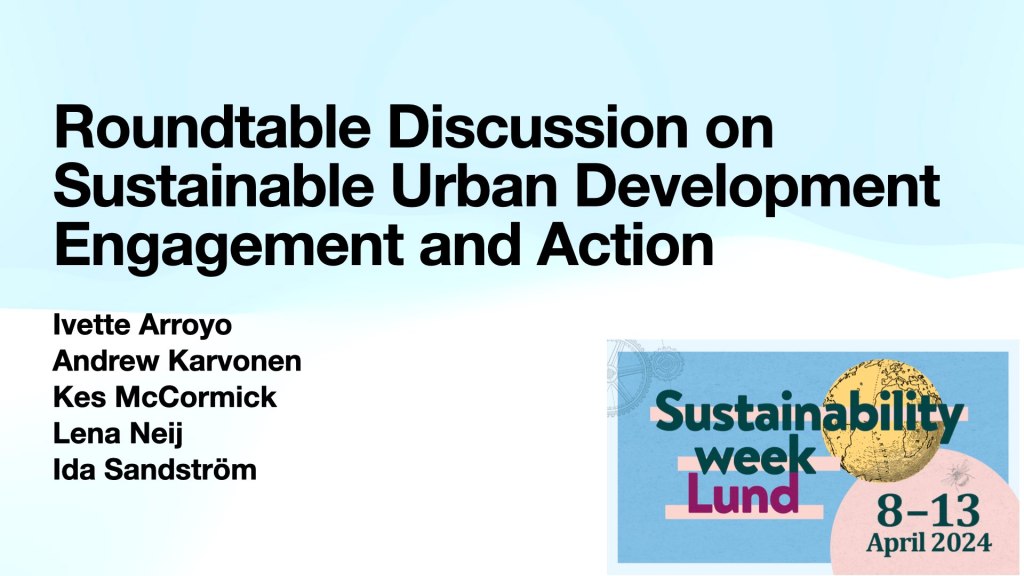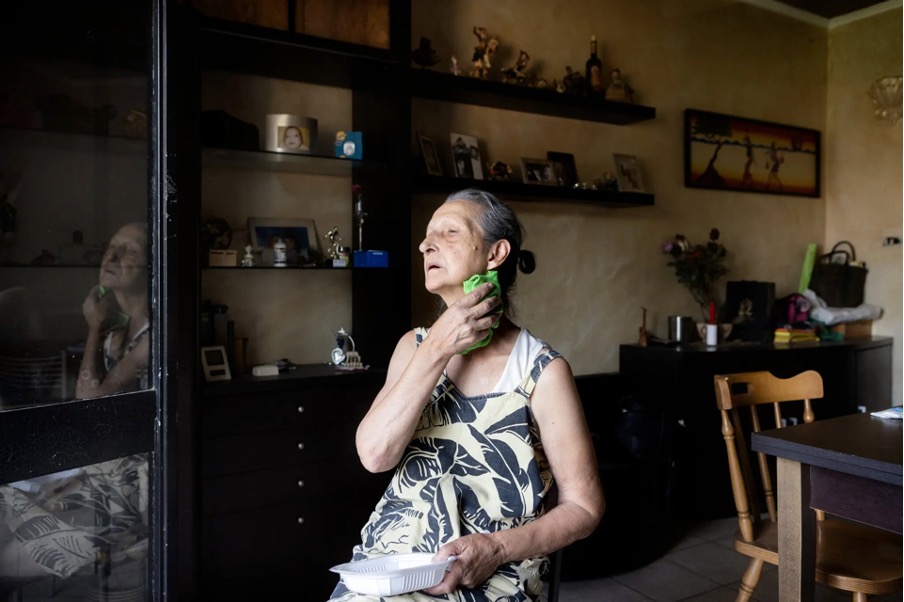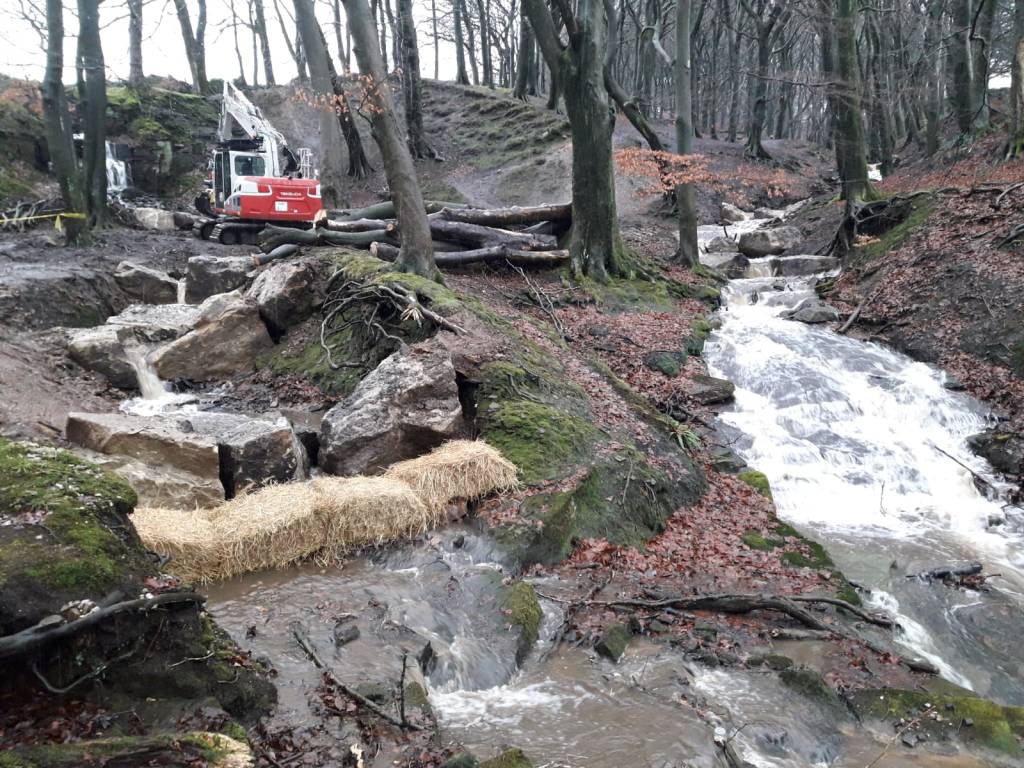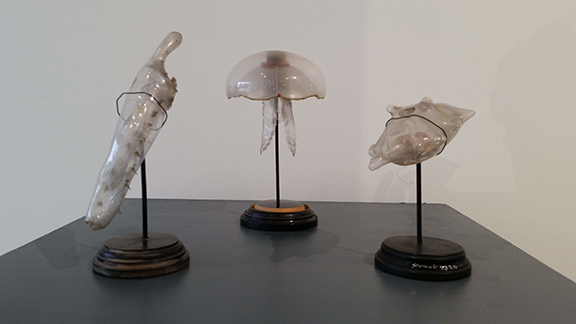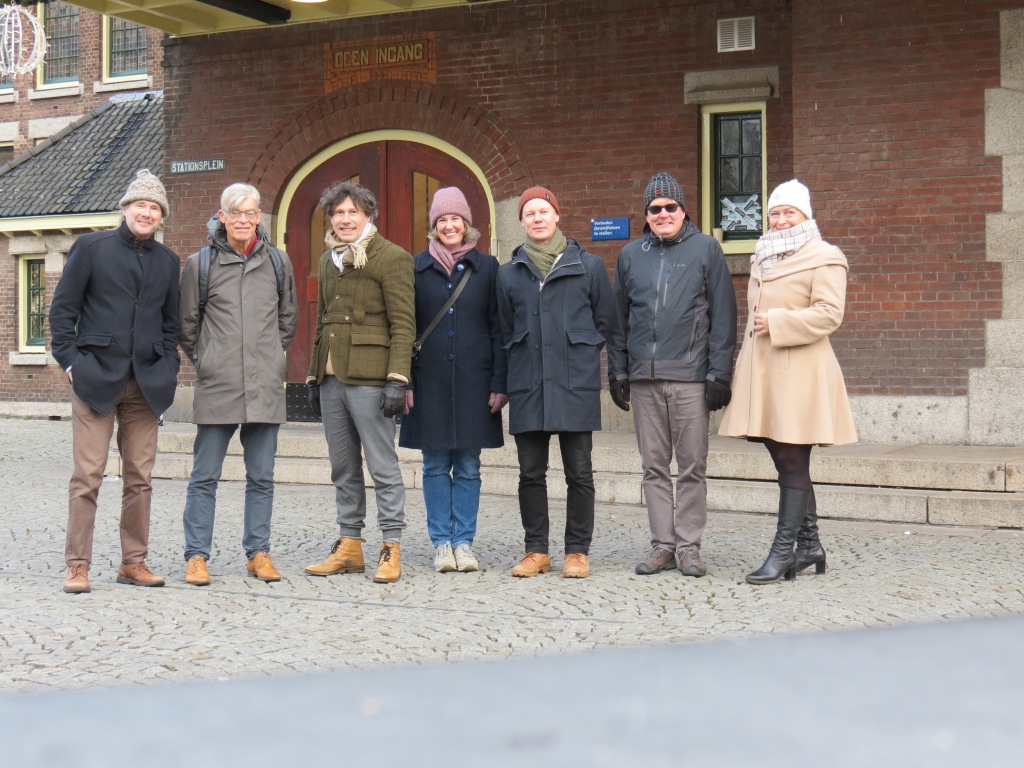
Northern Sweden has emerged as an ideal location for new data centres owned by large tech companies. On Friday, I participated in the doctoral defense of Cristina Ramos Caceres at Luleå Technical University. Her thesis, ‘Applying Industrial Ecology in Urban Planning for the Local Integration of Data Centres‘ examined the planning implications of data centres and the opportunities to use excess heat for greenhouses and other uses. Congratulations to Cristina on a fantastic study!

